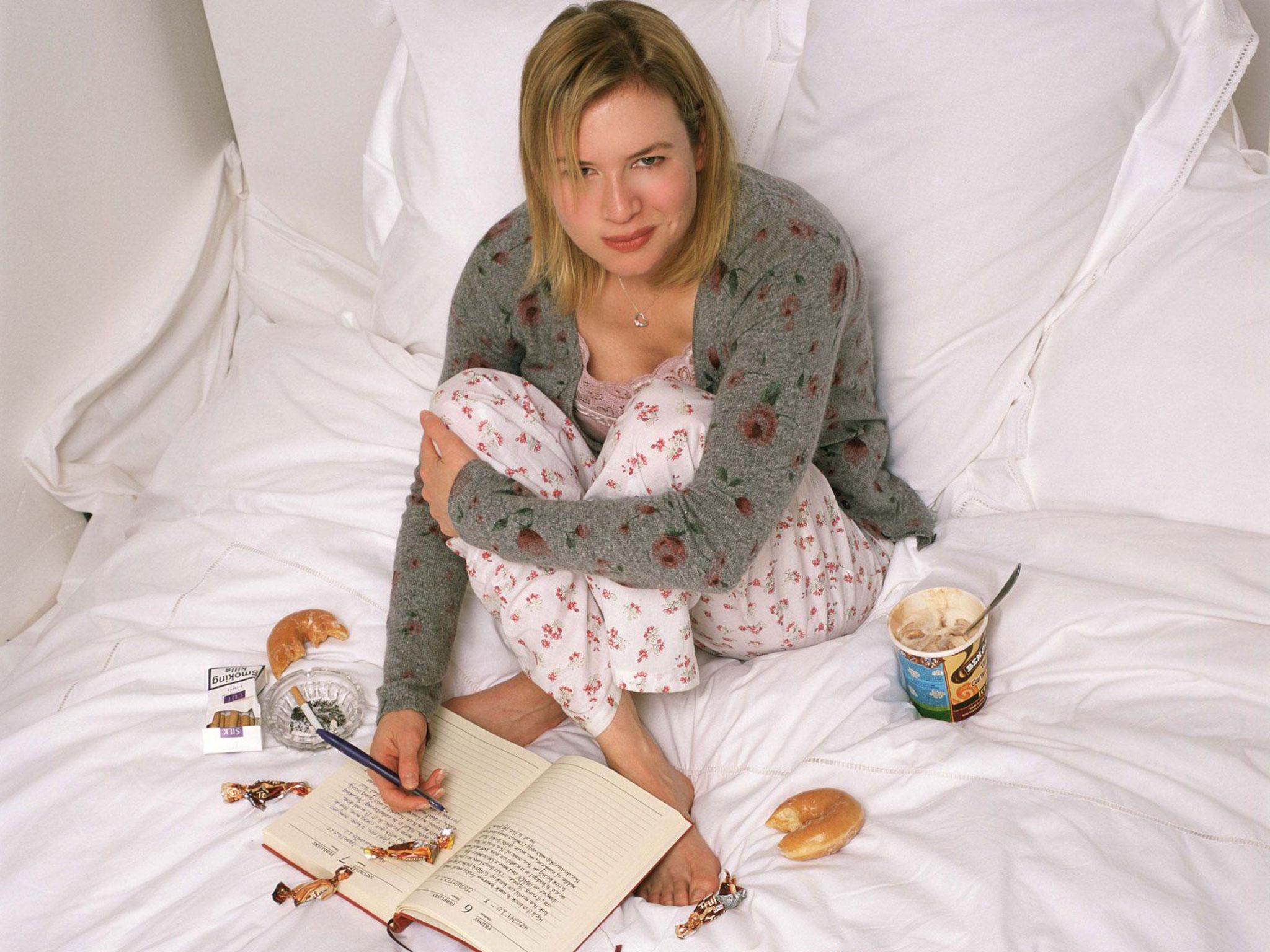Bridget Jones being happy? Fans perish the thought! Mark Darcy had to die
There is little drama in people living happily ever after - and Bridget’s appeal has always been her haplessness rather than happiness

Your support helps us to tell the story
From reproductive rights to climate change to Big Tech, The Independent is on the ground when the story is developing. Whether it's investigating the financials of Elon Musk's pro-Trump PAC or producing our latest documentary, 'The A Word', which shines a light on the American women fighting for reproductive rights, we know how important it is to parse out the facts from the messaging.
At such a critical moment in US history, we need reporters on the ground. Your donation allows us to keep sending journalists to speak to both sides of the story.
The Independent is trusted by Americans across the entire political spectrum. And unlike many other quality news outlets, we choose not to lock Americans out of our reporting and analysis with paywalls. We believe quality journalism should be available to everyone, paid for by those who can afford it.
Your support makes all the difference.Last time we saw Bridget Jones, she was enjoying a textbook happy ending: Mark Darcy had proposed and she was facing the same future as the Jane Austen heroines who inspired her. But sequels are cruel, and just as Death Comes to Pemberley (thanks to PD James’ novel and forthcoming BBC adaptation), so death has stalked Bridget. Happily-ever-after lasted only a few short years before her Mr Darcy died and she became a widowed mother of two. This is not what fans of the original Nineties party-girl have been expecting.
But for plot purposes, Helen Fielding must have found it irresistible. There is little drama in people living happily ever after: that’s why it’s the concluding line of the story, after all. People living unhappily, however, is much more compelling. As Tolstoy famously says in the opening of Anna Karenina: “Happy families are all alike; every unhappy family is unhappy in its own way.” And Bridget’s appeal has always been her haplessness rather than happiness.
We respond to her precisely because she isn’t one of the Smug Marrieds, so she couldn’t stay one for long, however much we wanted her to marry sexy, saintly Mr Darcy. At least Bridget’s “bad” former boyfriend, Daniel Cleaver, is still going strong (and godparent to her children, no less), so perhaps it is the case that only the good die young.
Fielding is not the first to return to a character whose story seemed to be complete. Ian Rankin finally answered the wishes of Rebus devotees last year, when he brought the retired detective back for another case. Meanwhile, Sue Townsend has hinted that Adrian Mole will return (yet again), and JK Rowling is penning the screenplay of a new film set in the Harry Potter universe.
It is fair to say that none of these writers needs the money that reviving their beloved characters will inevitably generate. So there must be another reason why they can’t leave them behind. It’s difficult to say goodbye to a character you have created: Arthur Conan Doyle was prepared to bring Sherlock Holmes back from the dead to avoid it (apparently to placate his irate mother). If authors find it tough, so do readers, to whom these characters can become dear friends.
The enormous number of sequels, prequels and spin-offs which has taken pop culture by the throat over the past few years is a consequence of this. Readers love Pride and Prejudice, so it’s adapted for TV (film, zombie novel, etc). Then there’s a book about a girl who loves the TV adaptation so much she falls into its world (Lost in Austen). And then there was a TV adaptation of that. At times, it feels like everything is eating its own tail.
Now Bridget has reached the age of 51 (decades older than even Anne Elliot in Persuasion), perhaps she can step out of the Austen shadow at last and stand on her own two feet.
Join our commenting forum
Join thought-provoking conversations, follow other Independent readers and see their replies
Comments